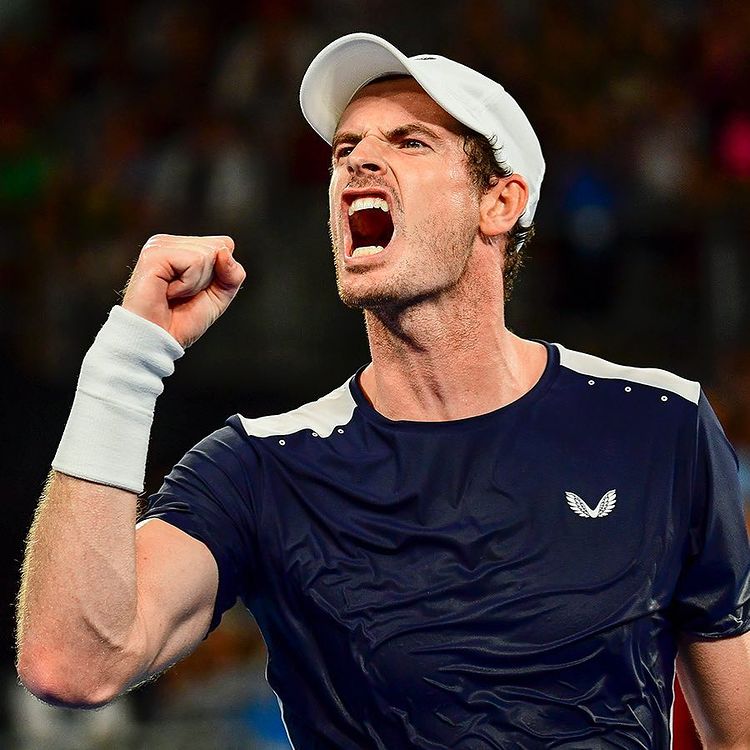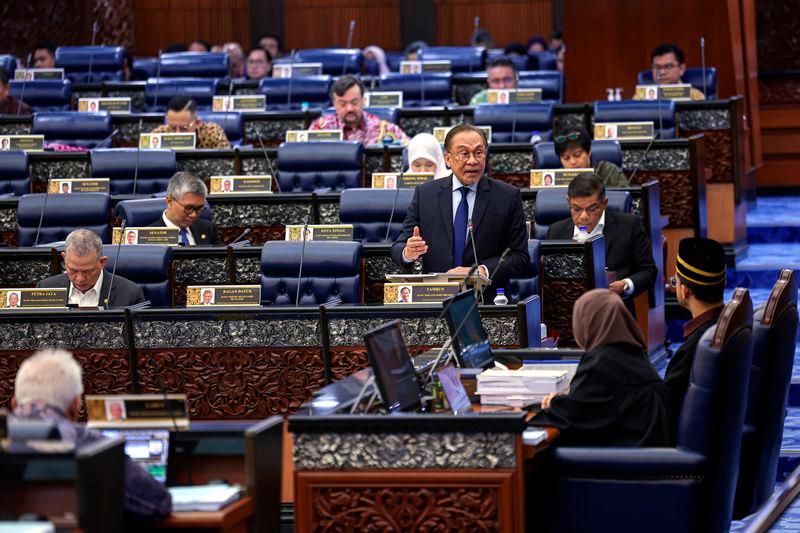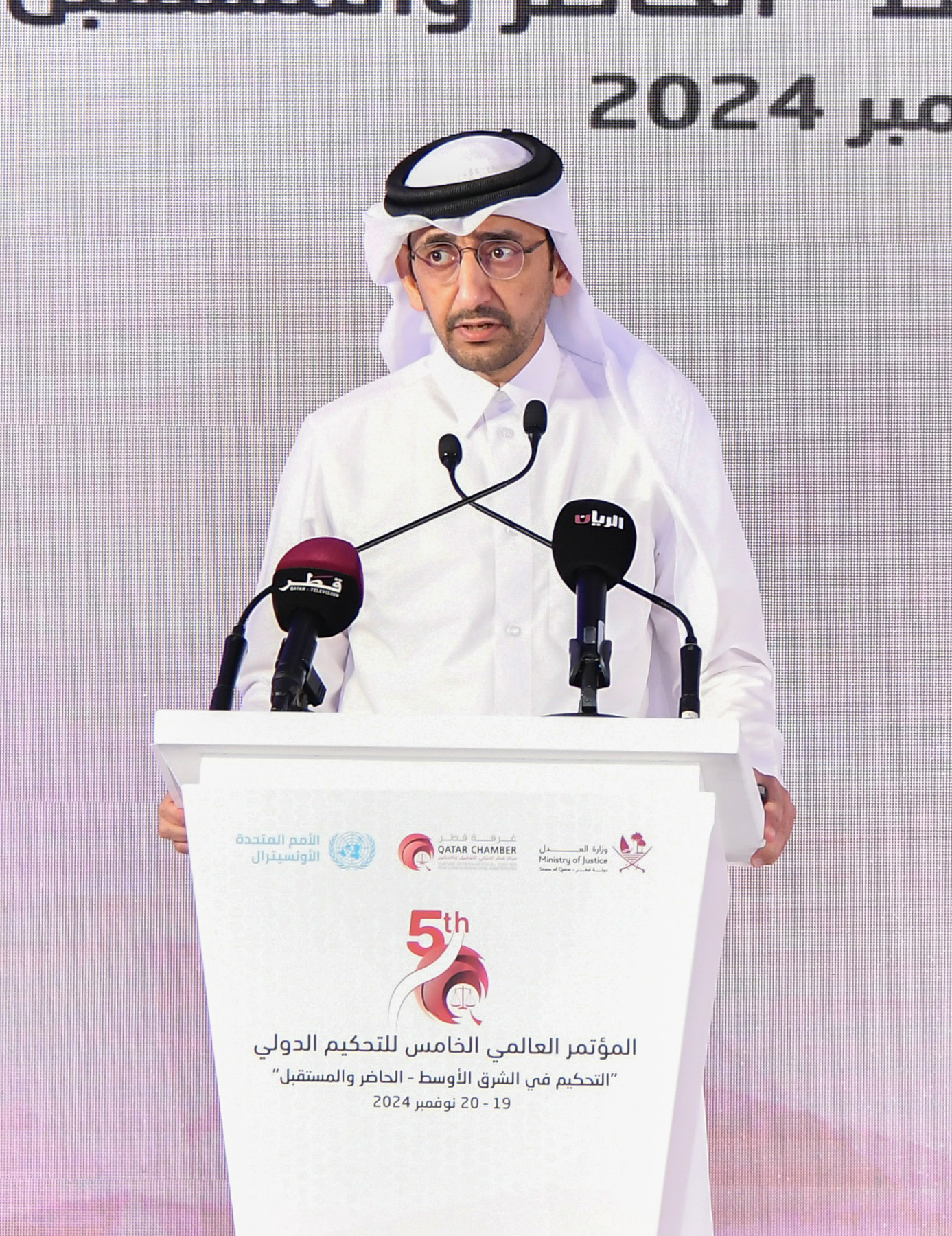Should footballers speak up about the World Cup? Andy Murray gives his verdict.
Football players do not have “the responsibility” ” to choose whether or not to participate in the World Cup in Qatar, renowned British tennis player Andy Murray said.
Murray, a two-time Wimbledon winner, was asked by Sky News to provide advice to those going to play at the World Cup in Qatar later this month.
“I don’t think it is necessarily the athletes’ responsibility where their events are. I am sure for a lot of the players who are going there, they have worked their whole lives to be involved in a WC.”
“I think those questions need to be asked to FIFA and the people organising these major events whether it is the right thing to do or not. I hope it goes well but I know there have been a lot of question about whether it is the right place to hold a major event like that,” he added.
With the global spotlight being placed on the Middle East’s first ever FIFA World Cup, host nation Qatar has been the subject of incessant Western scrutiny over its human rights record.
However, officials say much of the criticism and campaigns to boycott the event largely overlooks efforts made by Qatar to address such concerns, including widespread labour reforms.
Murray’s comments are not unique to ongoing discussions by sports professionals in the lead up to the tournament.
Earlier this month, Liverpool’s coach, Jurgen Klopp, expressed his views on protests targeting the World Cup in Qatar, saying it is unfair to expect players to engage in political demonstrations on the pitch.
In an interview with Sky News, Klopp voiced that players shouldn’t be responsible for delivering a political message since they’re voyaging to Qatar for the game itself.
“I understand 100 percent that we talk about it. But it’s not fair to talk now to the players and give responsibility to them, because it’s more than 10 years ago that other people decided [to host the World Cup in Qatar], and we all accepted the decision,” Klopp told Sky News.
“These are the players. The tournament is in Qatar. The players go there and play the game. The decision was made by other people and if you want to criticise anybody, then criticise the people who made the decision.”
“Not the sport, not the competition, and for sure, not the players. It’s not fair that we expect from them that they go there and make big political statements or whatever. It’s just not fair,” the German boss added.
England’s Gareth Southgate also previously recognised that while there are still problems, there is no doubt the World Cup should go on as scheduled.
“I’ve been out to Qatar several times and I’ve met lots of the workers out there, and they are united in certainly one thing, that’s that they want the tournament to happen, and they want that because they love football,” Southgate told CNN.
As the tournament edges closer, Qatari officials have taken a more head on approach to call out criticism, highlighting apparent angles taken by western media that has widely disregarded progress made on the ground.
Qatar’s Amir Sheikh Tamim bin Hamad Al Thani as well as other top Qatari officials have repeatedly slammed the “racism” behind the campaigns, especially since they have continued to emerge despite Qatar addressing concerns and launching major reforms.
Last month, the amir described the campaigns as “ferocious” and “malicious” and questioned intentions behind the criticism.
Echoing similar sentiments, Sheikh Mohammed also cited racism.
Speaking to Le Monde, the Qatari diplomat said he came across recent commentary that accused Qatar of not being “intellectually and culturally ready” to host the World Cup.
“Is such racism acceptable in Europe in the 21st century? Football belongs to everyone. It is not reserved for a club of elites. Four hundred and fifty million Arabs are delighted that the World Cup is finally being held in their region,” said Sheikh Mohammed.
More recently, the Chief Executive Officer of Qatar 2022 Nasser Al-Khater said on Monday that the campaign against Qatar and its hosting of the 2022 FIFA World Cup is linked to Europe’s refusal to see a country outside its region take on the tournament.
“European countries feel they have monopoly over the World Cup. Europe has hosted 11 tournaments out of 22 tournaments, of course it refuses that a country like Qatar or an Arab Muslim country hosts a tournament like the World Cup,” Al-Khater told Al Jazeera Arabic in a televised interview.







